Scott Family Crest, Coat of Arms & Scott Name Origin
|
|
|
|
|
| Return to Home page | Bookmark this page | Link to this page | Send a Scott Postcard |
| Find Your Name | ||||||||
| A | B | C | D | E | F | G | H | |
| I | J | K | L | M | N | O | P | |
| Q | R | S | T | U | V | W | X | |
| Y | Z | |||||||
Scott Family Crest


Origin of the Name Scott
The origin of the name Scott was found in the allfamilycrests.com archives.
Over the centuries Surnames developed a wide number of variants. Different spellings of the same name can be traced back to an original root. Additionally when a bearer of a name emigrated it was not uncommon that their original name would be incorrectly transcribed in the record books at their new location. Surnames were also often altered over the years based on how they sounded phonetically and depending on the prevailing political conditions it may have been advantageous to change a name from one language to another.
Variants of the name Scott
include Scot and Scotson. This Scottish name is derived from Uchtredus filius Scoti who lived in the twelfth century. He had two sons, Richard, ancestor of the Scotts of Buccleuch, and Sir Michael, ancestor of the Scotts of Balweary. From Richard descended Sir David Scott of Branxholm. From Sir David descended Sir Walter. His descendant Francis, second Earl of Buccleuch, left a daughter Anne, Countess of Buccleuch, who married to Sir James, Duke of Monmouth, son of King Charles II. They were created Duke and Duchess of Buccleuch and, though he was beheaded, her Dukedom has been handed down in regular course from father to son. Alexanders descendant was Francis of Thirlestane, who was created a Baronet in 1666. His son, Sir William assumed the name of Napier on his marriage with Elizabeth, Mistress of Napier. In Ireland this name and its variants were introduced into Ulster Province by settlers who arrived from England and Scotland, especially during the sixteenth and seventeenth centuries.
The Scott coat of arms came into existence centuries ago. The process of creating coats of arms (also often called family crests) began in the eleventh century although a form of Proto-Heraldry may have existed in some countries prior to this. The new art of Heraldry made it possible for families and even individual family members to have their very own coat of arms, including all Scott descendants.
|
WONDERFUL GIFTS FOR EVERY OCCASION
Show Off Your Heritage With Our Range Of Top Class Gifts For Your Family Name! VERY LIMITED TIME OFFER: FREE DELIVERY!!! |
||
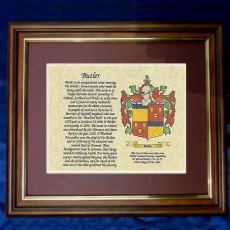 Parchment Prints: Framed, Unframed, Perfect  |
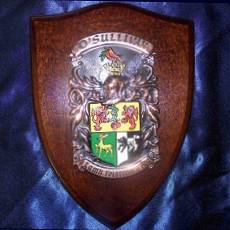 Researched Hand-Painted Plaques & Shields  |
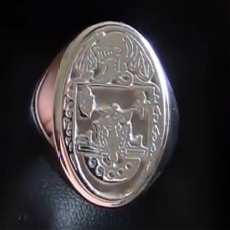 Incredible Hand-Engraved Signet & Seal Rings  |
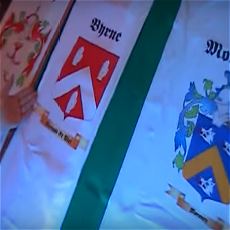 Get your Family Crest Flag, on Ireland or White background!  |
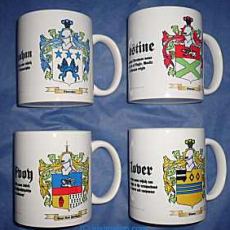 Personalized Coffee Mugs Make Thoughtful Personalized Gifts  |
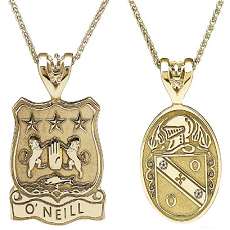 Engraved Pendants in Gorgeous Gold or Stylish Silver.  |